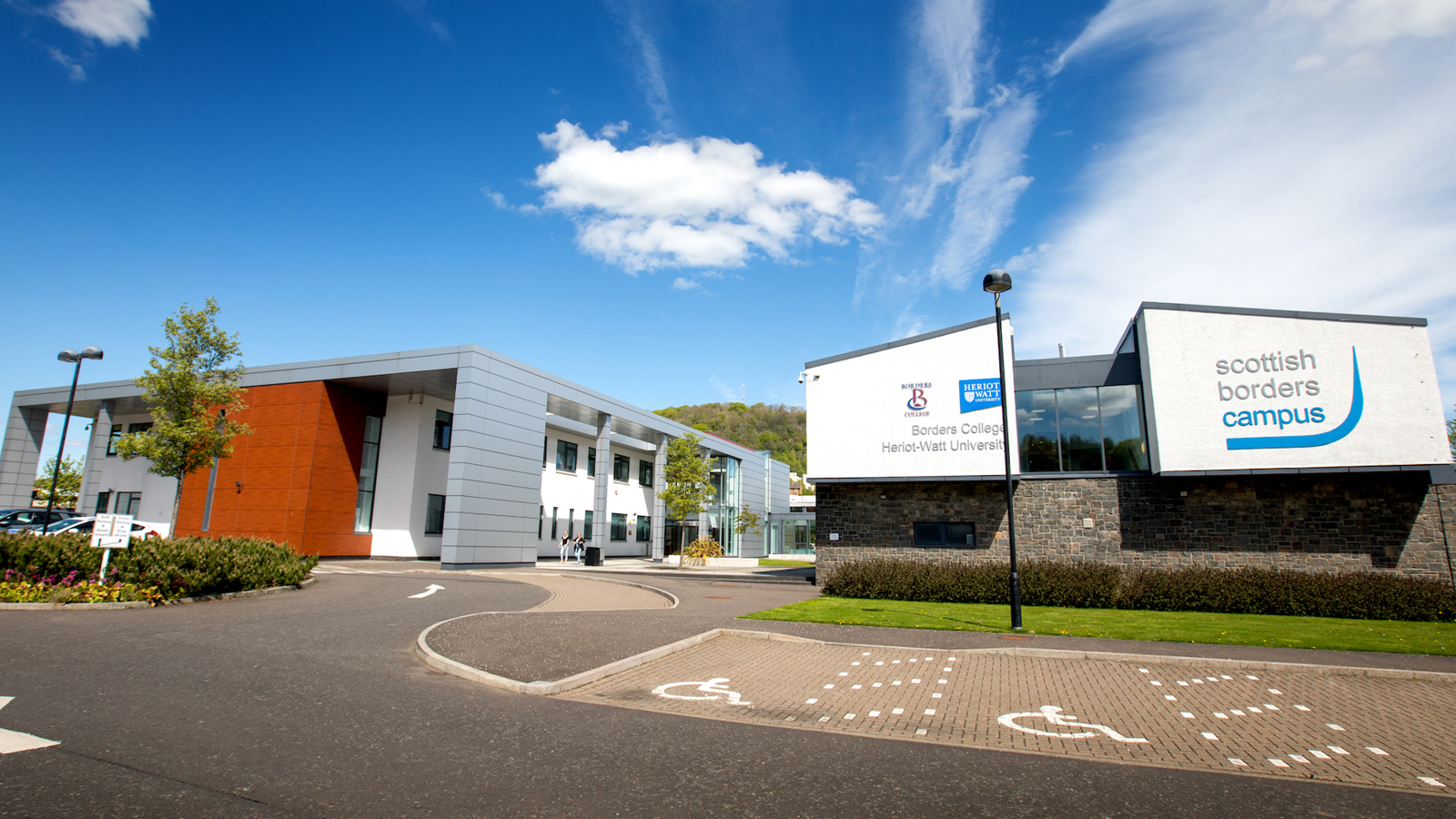SFC news published since 2018. See SFC archived content for earlier news articles.

Following winning the Climate Action 2030 award at this year’s International Green Gown Awards, Robert Hewitt, Director of Estates and Facilities at Borders College outlines what they’ve been doing to fight climate change.
The Climate Emergency has profoundly altered our perspectives on the planet’s vulnerability. As a rural college in Scotland, we firmly hold the belief that despite our size and perceived insignificance in the larger world, we possess the capacity to make a significant impact.
Like many others, we have diligently worked on reducing our carbon footprint over the years, progressively gaining momentum. Our sustainable journey commenced in 2010 when we crafted our first carbon management plan. At that time, we faced challenges as we lacked a precise means to accurately measure our carbon footprint, relying instead on assumptions and educated guesses. However, we focused on what we knew for certain: the detrimental impact of fossil fuels and the benefits of renewable energy. It was a simple yet crucial starting point for our sustainability efforts.
So we set about finding ways in which we could reduce the consumption of Electricity, Gas and Water at our Campuses. First off we fitted 200 solar panels on the roof at our main campus in Galashiels, payback was just over 8 years and is generating enough electricity to power one of our Technical Training Centre buildings. We then embarked on an ambitious project to install a wastewater heating system to provide over 60% of Campus heating demand significantly reducing our Gas consumption. Other initiatives included replacing our car fleet with electric vehicles, building an ECO house for training students in renewable construction techniques and making simple conscious changes to removing single-use plastics from our food outlets. We have also significantly improved our waste streams by removing waste from landfill.
All of the above changes were completed over a 10-year period, we then recognised that there was a limitation on what we could achieve and we had effectively picked all of the low-hanging fruit!!
We underwent a shift in our approach to sustainability, recognising that it extended beyond merely addressing waste and reducing consumption, although those aspects remained crucial. Instead, we embraced a more holistic perspective, incorporating social, cultural, and behavioural aspects. We understood that Sustainability needed to be embedded across all aspects of our institution, and it could no longer be the sole responsibility of a single team or department. Collaborative efforts and a collective commitment were required to bring about the necessary changes.
 We began the development of our strategy by looking back at our journey and what we had achieved to date. Firstly, we recognised that we had to significantly expand the base moving forward. We engaged with key departments that had the biggest influence within the College, Curriculum, Finance, Estates and HR and most importantly buy-in from senior management. Our Principal knew the scale of the challenge ahead and to make the cultural changes required this had to be led from the very top.
We began the development of our strategy by looking back at our journey and what we had achieved to date. Firstly, we recognised that we had to significantly expand the base moving forward. We engaged with key departments that had the biggest influence within the College, Curriculum, Finance, Estates and HR and most importantly buy-in from senior management. Our Principal knew the scale of the challenge ahead and to make the cultural changes required this had to be led from the very top.
The strategy was developed around three themes, Circular Economy, Global Citizenship and Behavioural Change. From these themes, we developed seven working groups, all of which were led by a member of our senior leadership team within that area of expertise. These included Waste, Travel and Transport, Carbon Management, Curriculum, Procurement, Community and Behaviour change which are critical to and permeate through each work stream.
This expanded approach has significant benefits with engagement across the college ensuring students who pass through the college have an excellent grounding and the positive behaviours required to make a sustainable difference throughout their adult life.

